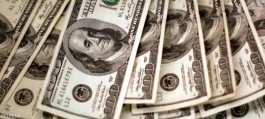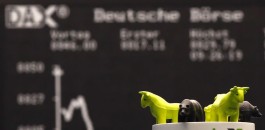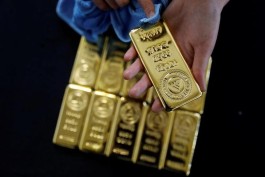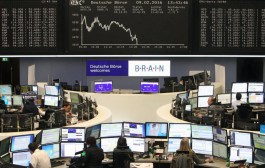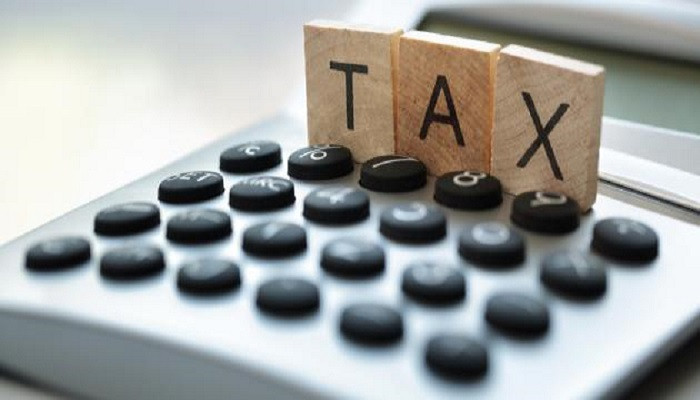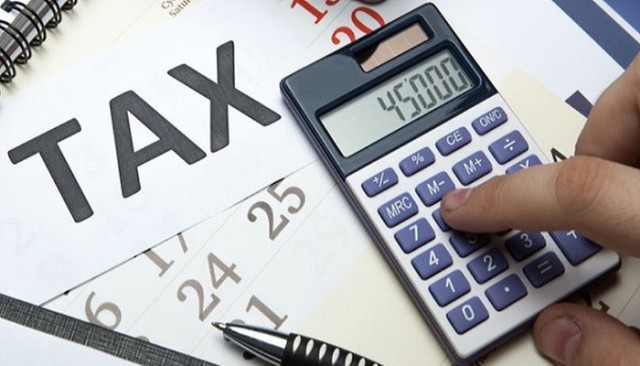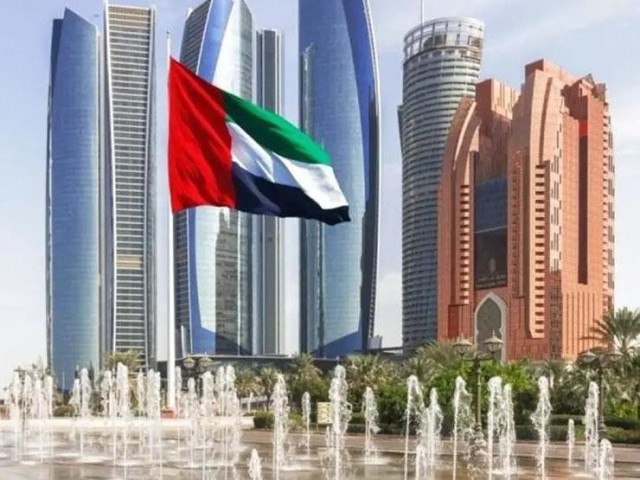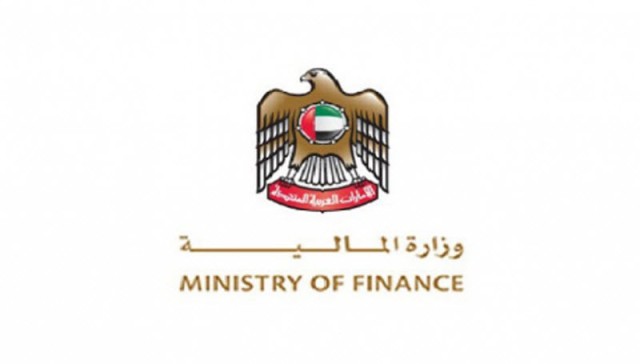Dubai began the year 2023 with a new step towards easing restrictions on receiving tourists, by ending a 30% tax on alcohol sales, at a time when competition is increasing among the Gulf countries to draw attention within the framework of plans to diversify sources of income away from oil.
The decision, which was reported by international media, led by the Associated Press; To attract more tourists amid strong Gulf competition with Saudi Arabia and Qatar, knowing that the decision to stop the tax came into effect on Sunday, but the UAE government did not officially confirm the decision.
According to Zawya, the UAE - which intends to impose taxes of up to 9% on companies in the middle of the year to enhance its non-oil revenues - may sacrifice a large source of income from taxes on alcohol, especially after it eased sales restrictions years ago, and allowed the sale of alcohol during daylight hours in Ramadan and began to provide Home delivery service during the lockdown period, the beginning of the Corona pandemic, but the decision still serves the main goal of attracting tourism and expatriate workers.
The Kingdom of Saudi Arabia had opened its doors to tourists with increased investments in the entertainment sector, while seeking to present a new version of the Kingdom, which has long been known for strict restrictions regarding singing and parties, and even organized a New Year's celebration that included a large number of artists and singers from the Arab world.
Qatar, too, has placed itself on the map of travel destinations, after organizing the 2022 FIFA World Cup, which saw an easing of restrictions on the sale of alcohol to fans.
According to the Financial Times, Dubai's decision, which is valid for a trial period of one year, comes as tourists complain about the exorbitant cost of restaurants licensed to sell alcohol, which tend to raise the prices of alcoholic beverages.
Monica Malik, chief economist at Abu Dhabi Commercial Bank, told the Financial Times that the decision will be welcomed by the majority of the expatriate population, and is supposed to support the tourism and hospitality sectors after the strong recovery from the Corona epidemic.
The Central Bank of the Emirates had raised its expectations for the growth of the economy during the new year to 4.2%, compared to 3.3% in its previous estimates.
















